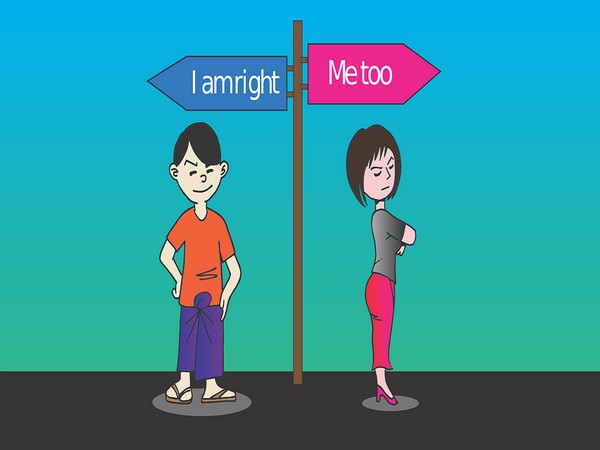Opposites not only attract, also make good decisions together
Two people with divergent attitudes can together make satisfactory decisions, in spite of their opposite personalities.

Washington D.C: Two people with divergent attitudes can together make satisfactory decisions, in spite of their opposite personalities, a recent study suggests.
Also Read: Think about your romantic partner to keep your blood pressure in check
Consumers routinely make joint decisions with others - which restaurant to eat in, what movie to watch, or where to go on vacation. Researchers from Boston College, Georgia Tech, and Washington State University wanted to see if people with opposite attitudes could come to satisfactory decisions together.

The studies found that when paired with a selfish partner, it is better to behave altruistically rather than selfishly. Similarly, when paired with an altruistic partner, it is better to behave selfishly to achieve the desired outcome, according to the findings, reported recently in the Journal of Consumer Psychology.
In both scenarios, the paired respondents were able to come to decisions that best reflected their individual preferences, or what both partners personally liked - if they took the opposite attitude as that of their partner, said Hristina Nikolova, lead author of the study.
Also Read: Want to quit smoking? Find a partner
Also Read |
Fragrance from partner's shirt may lower down stress in women

"When you see that your partner is acting selfishly, it is better to let it go and act altruistically instead; let them make the decision because this will ultimately ensure a better outcome for you than if you act selfishly too," Nikolova explained.

According to the researchers, in the joint decision-making of an altruistic and selfish consumer, the selfish partner would willingly express his/her desired preference, while the altruistic partner will likely accept these suggestions. Since consumers' preferences are more similar than they recognize, an altruistic individual will likely get an option that he/she somewhat prefers even when a selfish partner drives the decision.
Also Read: Calling partner 'This one' could sour your relationship

Thus, regardless of who drives the decision, both partners are likely to reach a joint decision that is relatively preferred by both of them.
According to Nikolova, conventional wisdom suggests that standing one's ground is associated with positive outcomes. But that's not necessarily the case.
Also Read |
Study reveals happier partner leads to a healthier future

"In the context of joint choices, however, we find that two selfish heads do worse than one altruistic and one selfish head; two selfish consumers jointly choose options that neither of them prefers. This happens because both partners are likely to be rigidly self-oriented when negotiating with others," she said.

For those who are selfish in nature, conceding runs counter to their nature. The study found that selfish individuals are likely to meet suggestions with counteroffers even when the suggestions somewhat coincide with their own preferences. And that might actually be a bad thing.
Also Read: This app can tell if your partner is cheating on you
"This propensity to counteroffer rather than concede inadvertently leads to negotiation. The two selfish partners trade rejected offers until they land on an option that is further down both of their preference lists but is deemed acceptable by both partners," Nikolova added. (ANI)
 Dynamite News
Dynamite News 
